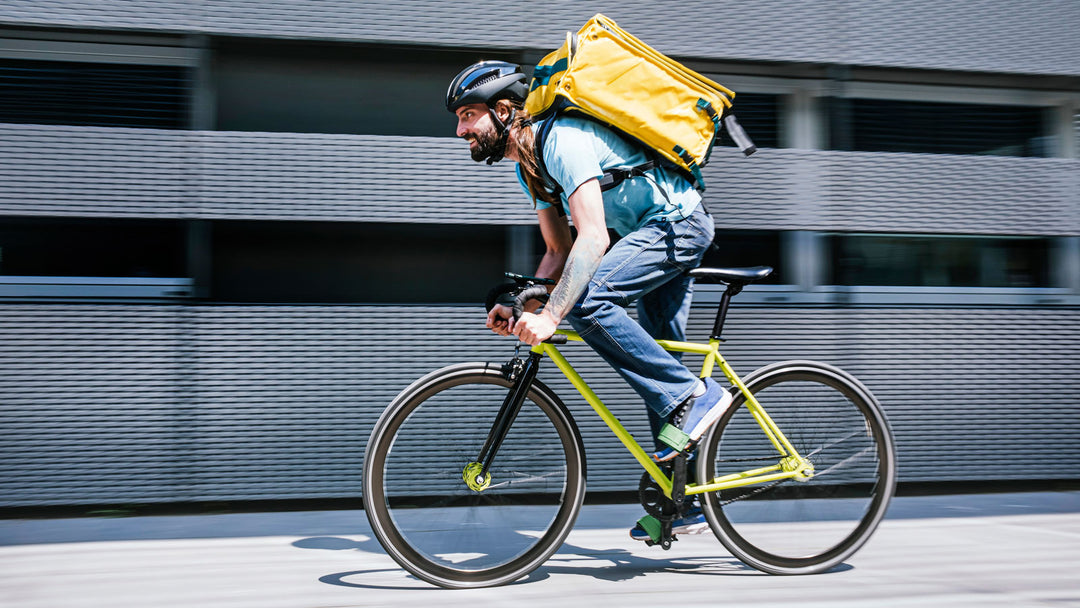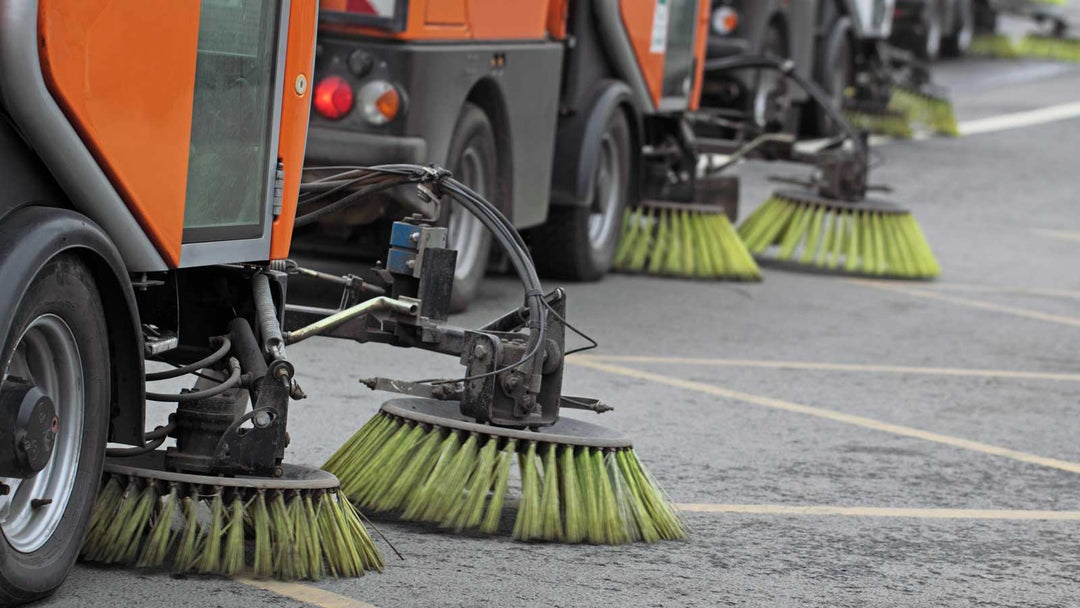Caffeine & Cycling: Does Coffee Really Improve Performance?
Caffeine & Cycling: Does Coffee Really Improve Performance?
Introduction
For many athletes, especially cyclists, caffeine is a critical part of the pre-ride routine. But beyond the basic boost, how does caffeine actually affect cycling performance? In this post, we delve into the scientific interactions between caffeine and cycling, explore how it can potentially enhance athletic performance, and discuss the optimal ways to use caffeine to your advantage.
Key Benefits of Caffeine in Cycling
Enhanced Endurance
Studies have consistently shown that caffeine helps to increase endurance levels in athletes. It achieves this by influencing the body's use of fat as an energy source, thereby conserving glycogen stored in muscles. This mechanism is particularly beneficial in endurance sports like cycling, where energy preservation is key.
Increased Alertness and Concentration
Caffeine is well-known for its ability to enhance concentration and decrease perceived effort, which can be incredibly beneficial on long rides. This mental clarity can help cyclists maintain steady performance over prolonged periods.
Improved Muscle Recovery
Caffeine has also been found to aid in post-exercise muscle recovery. Consuming caffeine post-exercise can decrease muscle soreness and expedite the recovery of muscle function, which is crucial during multi-day cycling events or rigorous training schedules.
How to Use Caffeine Effectively
Timing Your Intake
To maximize the benefits, it’s crucial to time your caffeine intake:
1. Pre-Ride: Consuming caffeine about an hour before cycling can enhance performance by ensuring the caffeine's peak effects align with your ride.
2. During the Ride: For longer rides, a caffeine boost midway can help maintain high energy levels.
Determining the Right Amount
The optimal caffeine dose can vary based on individual sensitivity, but generally, 3-6 mg/kg body weight is recommended. It’s important to experiment during training sessions to determine what works best for you without causing jitters or gastrointestinal distress.
Consider the Source
While coffee is a popular source, caffeine can also be ingested through:
- Energy gels
- Chewing gums
- Energy bars
These alternatives can be convenient, especially when precise dosage and quick absorption are needed.
Conclusion
Caffeine, when used strategically, can significantly enhance cycling performance by boosting endurance, alertness, and recovery. However, it’s important to personalize caffeine use based on individual responses and the specific demands of the cycling activity. Always start with lower doses to assess tolerance and avoid potential side effects.
> "Caffeine can be a powerful tool in a cyclist's arsenal, not just as a wake-up call but as a substantial performance enhancer."
Try experimenting with different sources and timings of caffeine intake to see how it can best help your cycling performance.
Interested in more nutritional tips for enhancing your cycling performance? Read more here.






